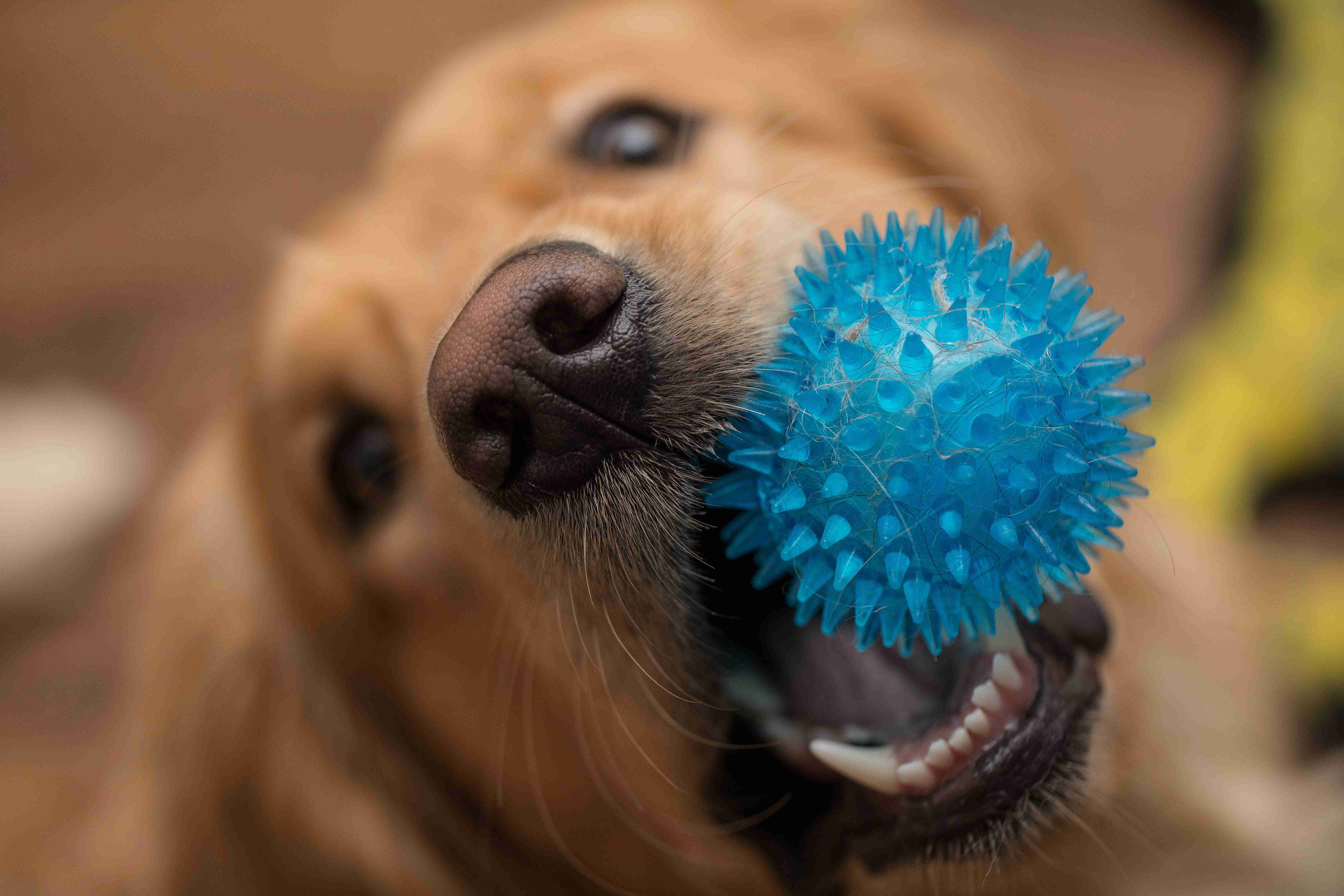Golden Retrievers are known for their friendly nature and their ability to be loyal companions. However, like all dogs, they are prone to various health concerns as they age. One of the most common health issues that Golden Retrievers face is arthritis. Arthritis is a degenerative joint disease that causes pain, stiffness, and inflammation in the joints. While Golden Retrievers are generally healthy dogs, they are not immune to arthritis, and it can be difficult to detect in the early stages. In this blog post, we will discuss the signs of arthritis in Golden Retrievers and how you can identify them early on to ensure your furry friend receives the care they need.
Golden Retrievers are one of the most popular dog breeds around the world. They are known for their friendly and gentle nature, loyalty, and intelligence. However, just like humans, Golden Retrievers are susceptible to arthritis. Arthritis is a condition that affects the joints, resulting in pain, inflammation, and stiffness. As a responsible pet owner, it is essential to identify the signs of arthritis in Golden Retrievers early on to ensure proper treatment.
1. Limping and Lameness
One of the most common signs of arthritis in Golden Retrievers is limping. You may notice that your dog is limping or holding one leg up while walking. Limping can be an indication of pain in the joints, and if it persists, it may be a sign of arthritis.
2. Difficulty Moving
Arthritis can make it challenging for your dog to move around. You may notice that your Golden Retriever is having difficulty getting up, lying down, or climbing stairs. If your dog seems to be having trouble performing activities that were once easy for them, it could be a sign of arthritis.
3. Stiffness
Arthritis can cause stiffness in the joints, making it challenging for your dog to move around. You may notice that your Golden Retriever is having a hard time getting up in the morning or after lying down for a while. If your dog seems to be more stiff than usual, it could be a sign of arthritis.

4. Behavioral Changes
Arthritis can cause your Golden Retriever to become irritable, aggressive, or withdrawn. If your dog seems to be more anxious or less interested in playing or going for walks, it could be a sign of arthritis.
5. Loss of Appetite
Arthritis can cause your dog to lose their appetite. If your Golden Retriever is eating less or not eating at all, it could be a sign of arthritis.
If you notice any of these signs in your Golden Retriever, it is essential to take them to the vet for a proper diagnosis. The vet may recommend x-rays or other tests to determine the extent of the arthritis. Once diagnosed, your vet may recommend medications, joint supplements, or changes to your dog’s diet and exercise routine to manage the condition.
arthritis is a common condition that affects Golden Retrievers. As a responsible pet owner, it is essential to identify the signs of arthritis in your dog early on to ensure proper treatment. By keeping an eye out for the telltale signs of arthritis, you can help your Golden Retriever live a happy and healthy life.
If you suspect that your Golden Retriever is suffering from arthritis, don’t wait to schedule a visit with your veterinarian. The sooner you can identify the signs and start treatment, the better the chances of managing the condition and improving your furry friend’s quality of life. Remember, arthritis is a progressive condition, but with the right care and attention, you can help your Golden Retriever stay happy and active for years to come. By being vigilant and proactive, you can give your loyal companion the best possible chance at a long, healthy, and happy life.








